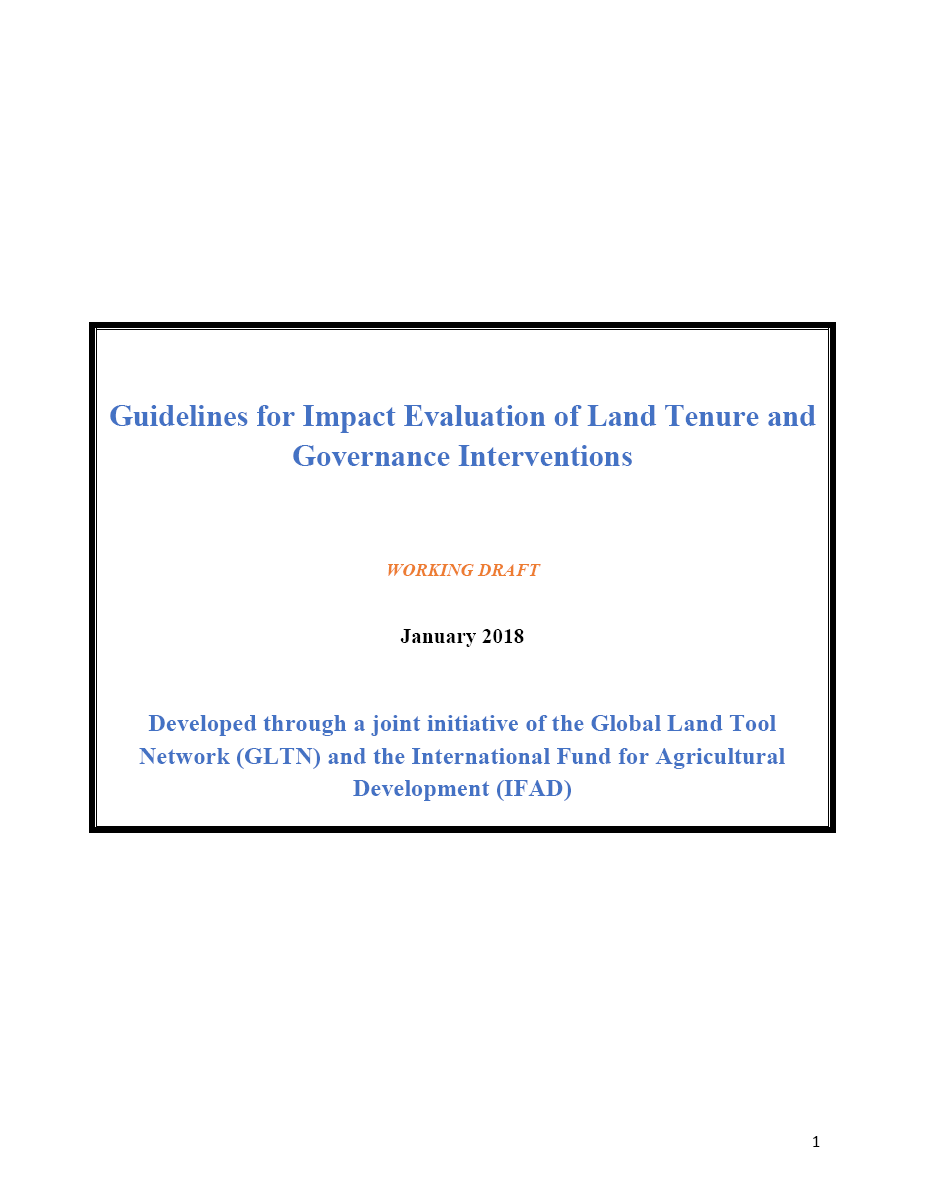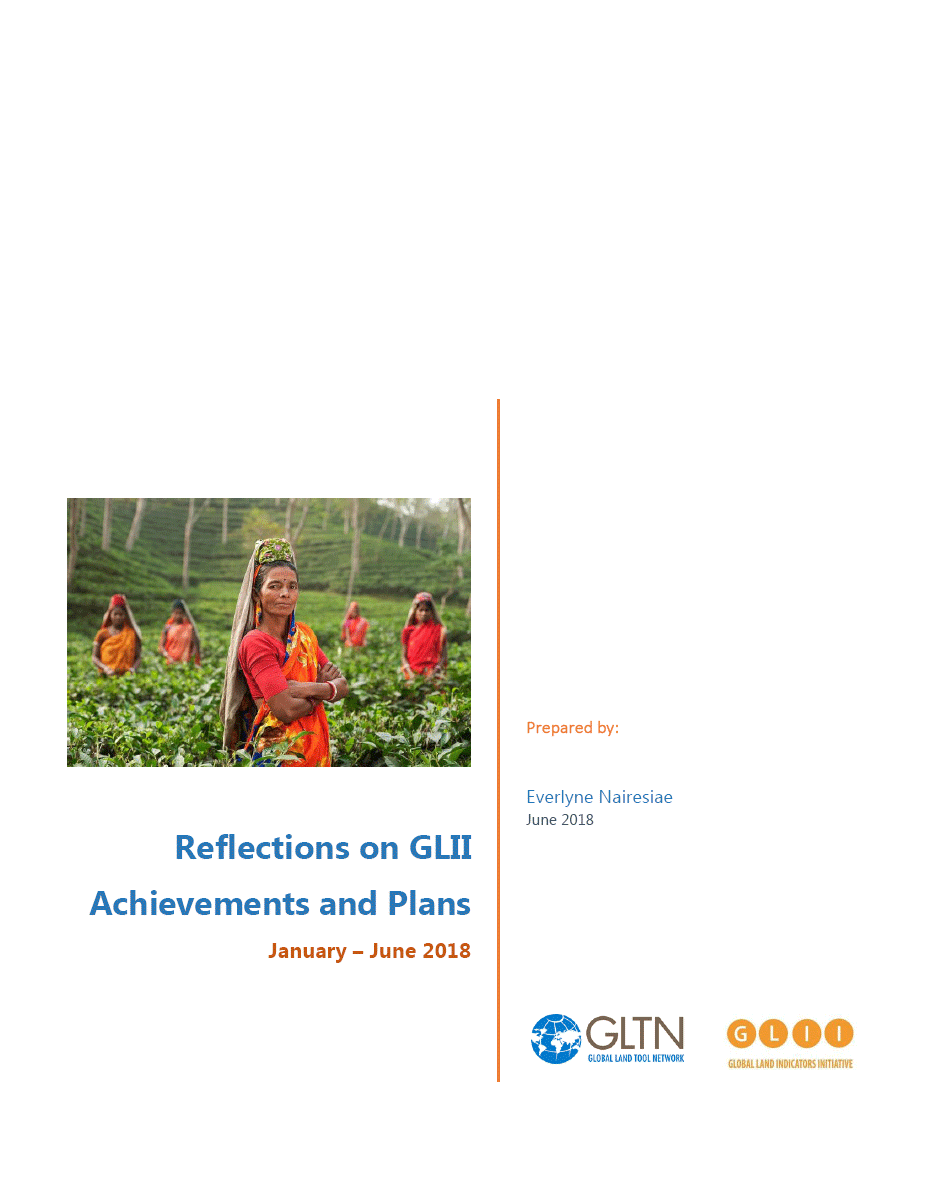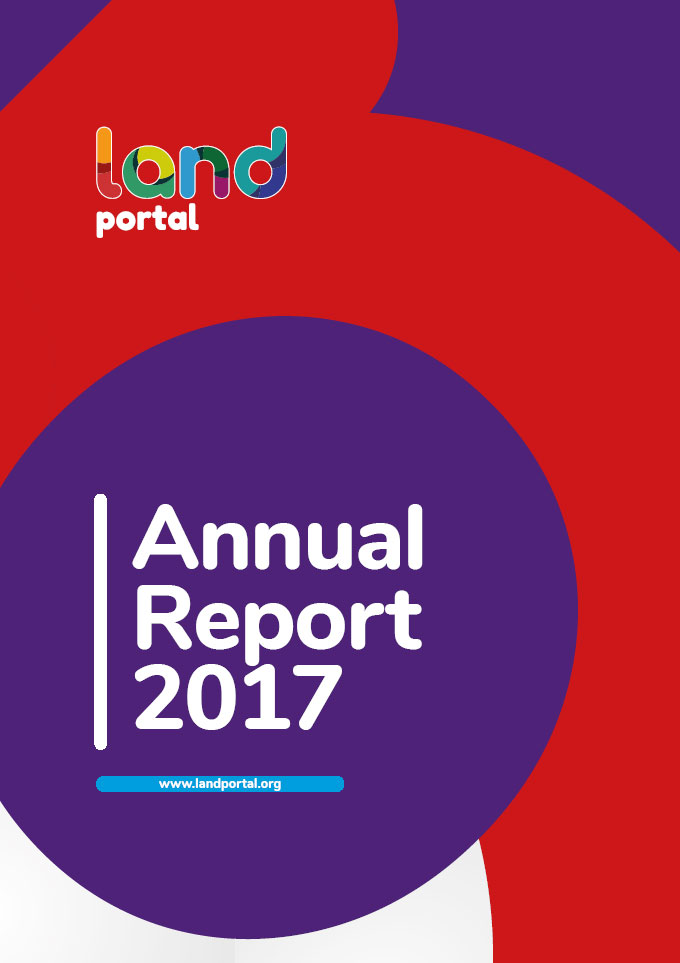Myanmar: Land Tenure Issues and the Impact on Rural Development
EXECUTIVE SUMMARY:
"Myanmar’s agricultural sector has for long suffered due to multiplicity of laws and regulations, deficient and degraded infrastructure, poor policies and planning, a chronic lack of credit, and an absence of tenure security for cultivators. These woes negate Myanmar’s bountiful natural endowments and immense agricultural potential, pushing its rural populace towards dire poverty.






